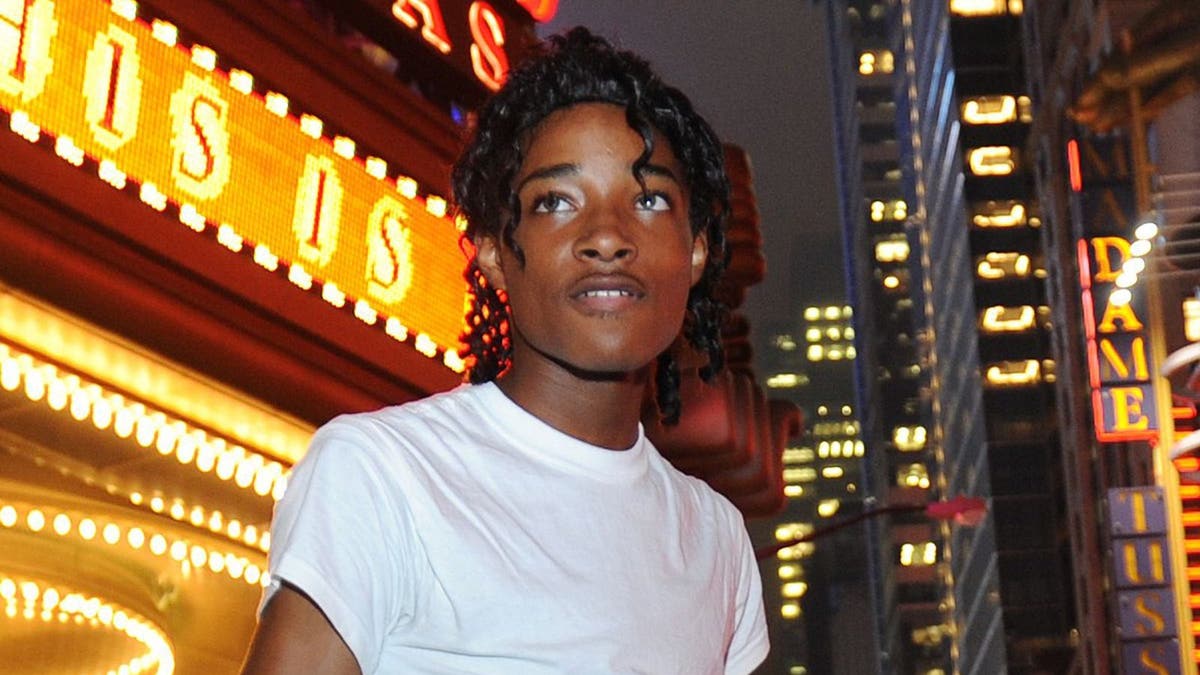NEW YORK – Defense attorneys for Marine veteran Daniel Penny, on trial in New York City for the subway chokehold death of Jordan Neely, want to call a forensic psychiatrist to the witness stand to explain how the effects of the latter’s drug abuse and mental health issues may have impacted “the degree of hostility that Mr. Neely exhibited.”
Manhattan District Attorney Alvin Bragg’s Office doesn’t want the jury seeing that evidence or hearing expert testimony from Dr. Alexander Bardey.
Tuesday’s court session began with lawyers for both sides conferencing with the judge.
“The psychiatrist’s testimony and the unredacted psychiatric records are inadmissible and their suggested introduction is a transparent attempt by the defense to smear the victim’s character so that the jury will devalue his life,” prosecutor Dafna Yoran argued in court filings.
Daniel Penny arrives at Manhattan Supreme Court, in New York, NY on Monday, Nov. 18, 2024. Penny, a Marine veteran, is charged with second-degree manslaughter and criminally negligent homicide in the 2023 death of Jordan Neely on a New York City subway train. (Adam Gray for Fox News Digital)
She did not want jurors to hear about Neely’s past, claiming the information is “impermissible.”
“It is black letter law in New York that a deceased victim’s prior bad acts are only admissible at trial if they were known to the defendant at the time of the crime,” she wrote.
The defense countered that drug use is exempt from this rule because even if someone doesn’t know about it in advance, the effects are clear.
But the defense counters that due to the lack of specifics about the dose of synthetic marijuana found in Neely’s system in his toxicology report, Dr. Bardey’s testimony is a necessity.
MEDICAL EXAMINER SAYS SUBWAY MADMAN HAD DRUGS IN SYSTEM IN MARINE VET’S CHOKEHOLD TRIAL

Jordan Neely is pictured before going to see the Michael Jackson movie, “This is It,” outside the Regal Cinemas on 8th Ave. and 42nd St. in Times Square, New York, in 2009. (Andrew Savulich/New York Daily News/Tribune News Service via Getty Images)
“The limited toxicology, and the varying accounts of eyewitnesses, form only a partial narrative,” Penny attorney Thomas Kenniff wrote in a court filing. “The defense has the right to elicit information contained in Mr. Neely’s psychiatric records that demonstrate the pervasiveness of his K2 use, along with physiological behaviors he routinely manifested while on K2.
“Expert testimony in this regard tends to support two relevant facts: Mr. Neely was using K2 at the time of this incident, not merely in the days or weeks before, and was evincing the behaviors of someone experiencing a K2 high.”
Screenshot from bystander video showing Jordan Neely being held in a chokehold on the New York City subway. (Luces de Nueva York/Juan Alberto Vazquez via Storyful)
Penny, 26, faces up to 15 years in prison if convicted on the top charge of manslaughter. He also faces a lesser charge of criminally negligent homicide for the death of Neely, a 30-year-old homeless man with a history of mental health outbursts, drug abuse and criminal behavior, some of which took place on the subway.
The defense was expected to call Dr. Bardey to the stand Tuesday, as well as character witnesses who served in the Marine Corps alongside Penny, who enlisted after high school and was studying architecture at the time of his deadly encounter with Neely last May.
Neely barged onto the train, threw his jacket on the ground and started shouting death threats, telling straphangers he didn’t care if he went to prison for life.
During the outburst, Penny placed him in a chokehold and wrestled him to the ground as witnesses called 911. Another rider helped Penny restrain him until police arrived.
When they let go, Neely still had a pulse, but the forensic pathologist who conducted his autopsy, Dr. Cynthia Harris, testified that it’s normal for someone’s heart to keep beating for some time even if they’ve been choked to death.
CLICK HERE TO GET THE FOX NEWS APP
In her autopsy, she ruled that Neely’s death was caused by asphyxiation from the chokehold.
Penny’s team has maintained that Neely’s death was justified defense. Prosecutors say it was unintentional but criminally reckless or negligent.